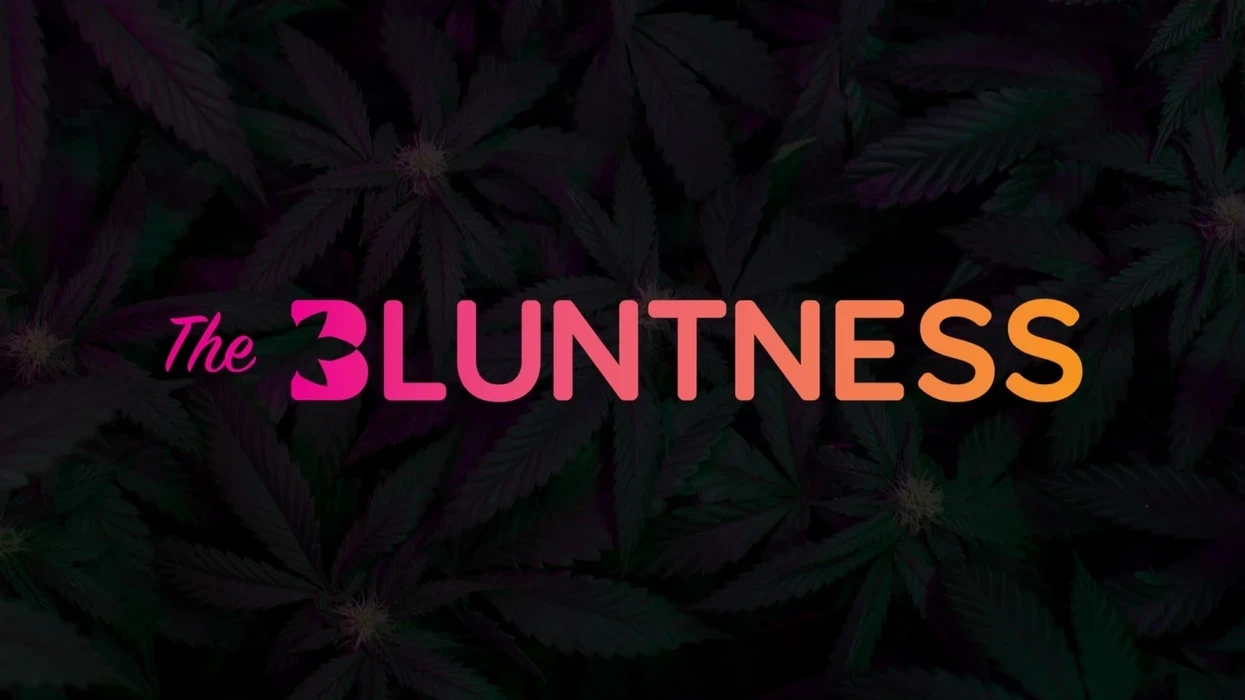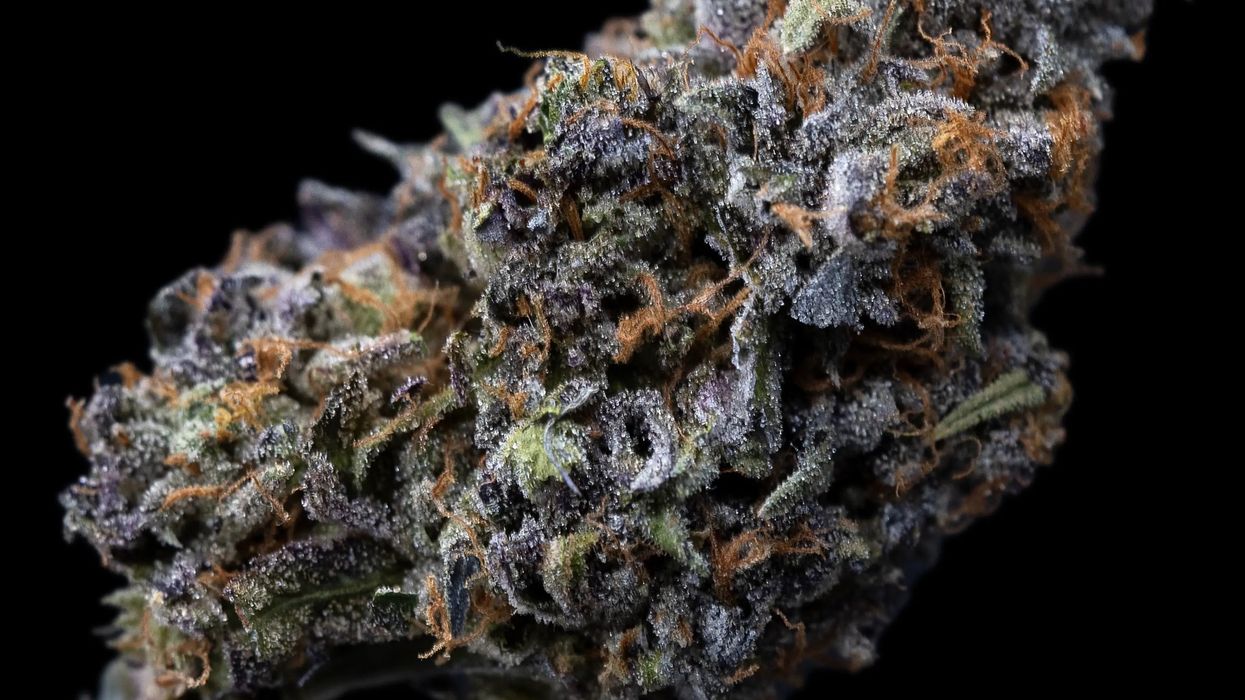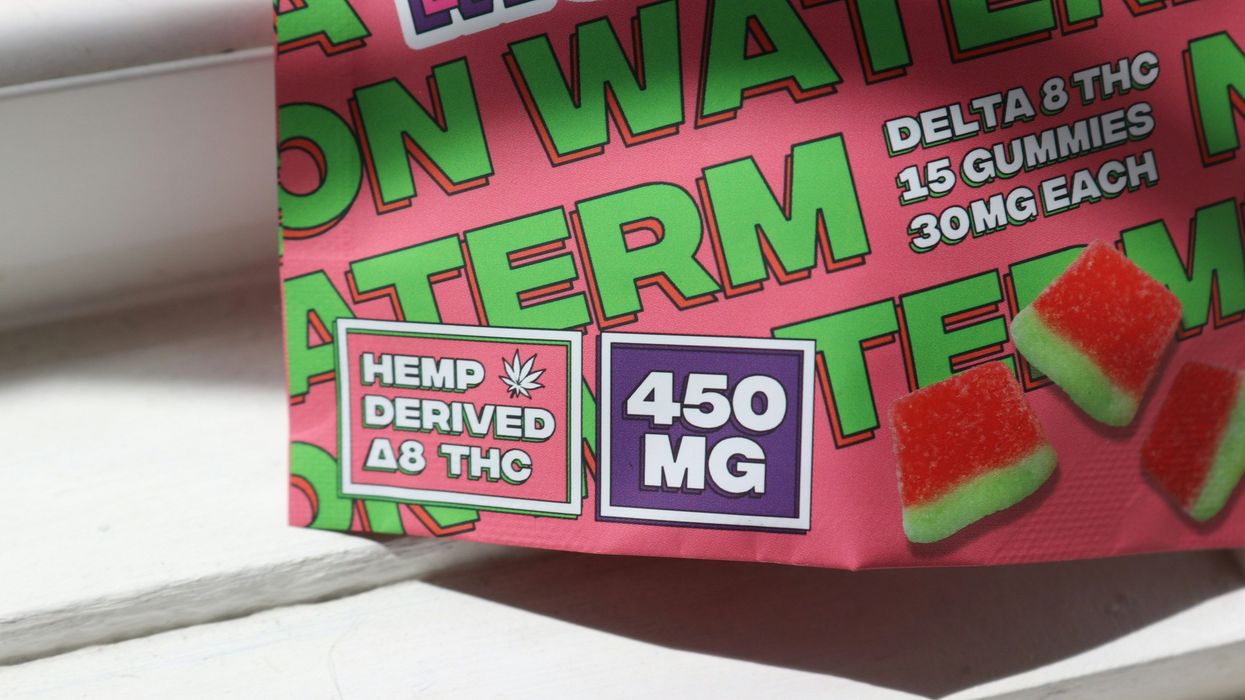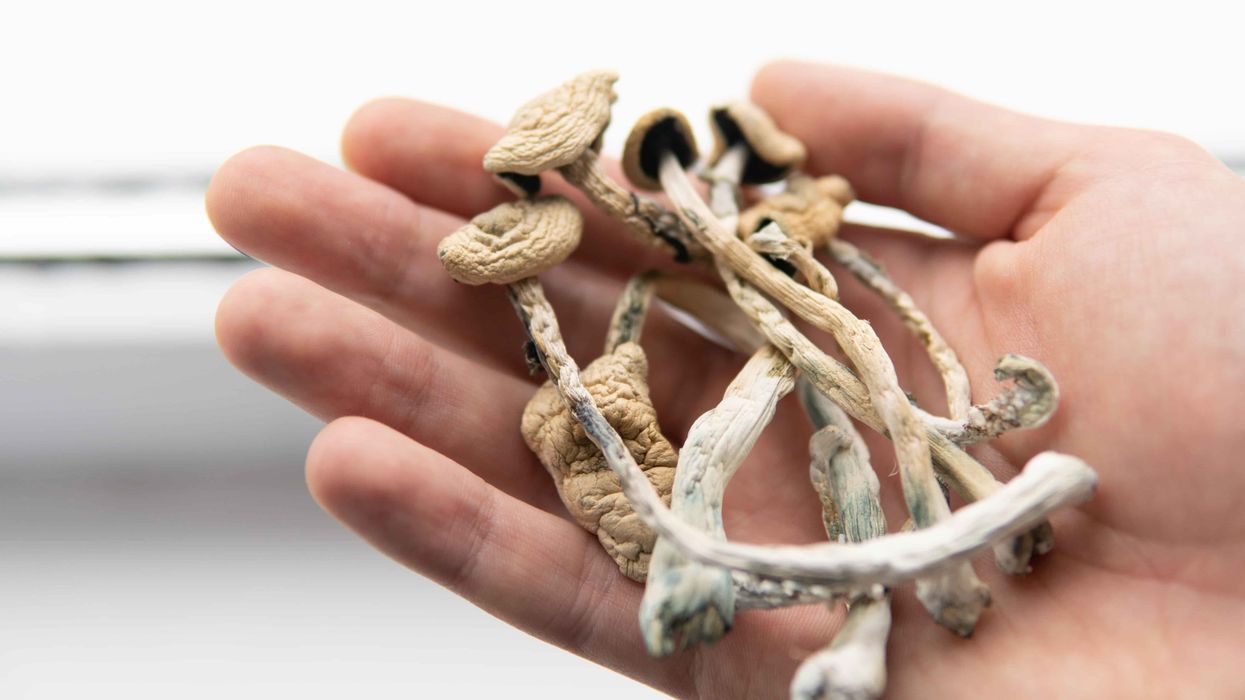One of the constant struggles in changing the public's negative perception about marijuana is fighting the pervasive 'Lazy Stoner' stereotype. Whether in movies or conservative media, these stereotypes are basically variations of Jeffrey "The Dude" Lebowski, Smokey in Friday or Jeff Spicoli from Fast Times at Ridgemont High - confused, forgetful and, of course, very, very sedentary.
But, a new study titled “Exercise Intervention Outcomes with Cannabis Users and Nonusers Aged 60 and Older” published July 4th in the American Journal of Health Behavior, adds to a growing body of evidence challenging the 'Lazy Stoner' stereotype.
Why is Studying Cannabis Use in Seniors Important?
A sedentary lifestyle has been associated with numerous health problems that could be prevented or minimized with greater levels of physical activity, especially among the older population. Given that this group is the only age segment exhibiting a significant increase in cannabis use, researchers wanted to see how the use of marijuana could affect their physical activity.
Given the plethora of negative health consequences associated with inactivity and the protective factors associated with exercise, efforts must be made to understand factors, like cannabis use, that may affect older adults’ engagement in exercise
Researchers, Exercise Intervention Study
The Road to a Healthier Lifestyle Through Cannabis
The purpose of the University of Colorado study was to determine whether cannabis use in seniors would impact certain physical activity levels..
Researchers surveyed participants over a period of four months, conducting an exercise intervention program. The study included 28 cannabis users and 136 non-cannabis users, aged 60 and over. During the trial, they had three supervised trainings weekly at the research facility and also reported in a journal if they engaged in additional physical activities.
The researchers first measured the body mass index (BMI) of both groups and noted that cannabis users had a significantly lower BMI at the beginning of the trial. Final results of the study also showed that cannabis users exercised more and were more responsive to exercise routines prescribed by the clinicians.
These findings suggest that it may be easier for older adults who endorse using cannabis to increase and maintain their exercise behavior, potentially because cannabis users have lower body weight than their non-using peers. At minimum, the evidence suggests that cannabis use does not hinder older adults’ ability to engage in physical activity, to participate in a supervised exercise program, or to increase their fitness as a result of physical activity.
Researchers, Exercise Intervention Study
While the connection between cannabis and lower body mass indexes remains unknown, these types of studies continue to show that cannabis is more than a drug that produces the lazy or dangerous stoner. While more research is needed, what we do know is that marijuana can be a helpful and motivating tool for staying active, a big issue that plagues all of the population, especially those over the age of 50.














 Apple Fritter Strain - The Bluntness
Apple Fritter Strain - The Bluntness Apple Fritter Strain Review
null
Apple Fritter Strain Review
null



 The Truth About THC Candle: Cannabis Candles & How to Make Your Own - The Bluntness
Photo by
The Truth About THC Candle: Cannabis Candles & How to Make Your Own - The Bluntness
Photo by